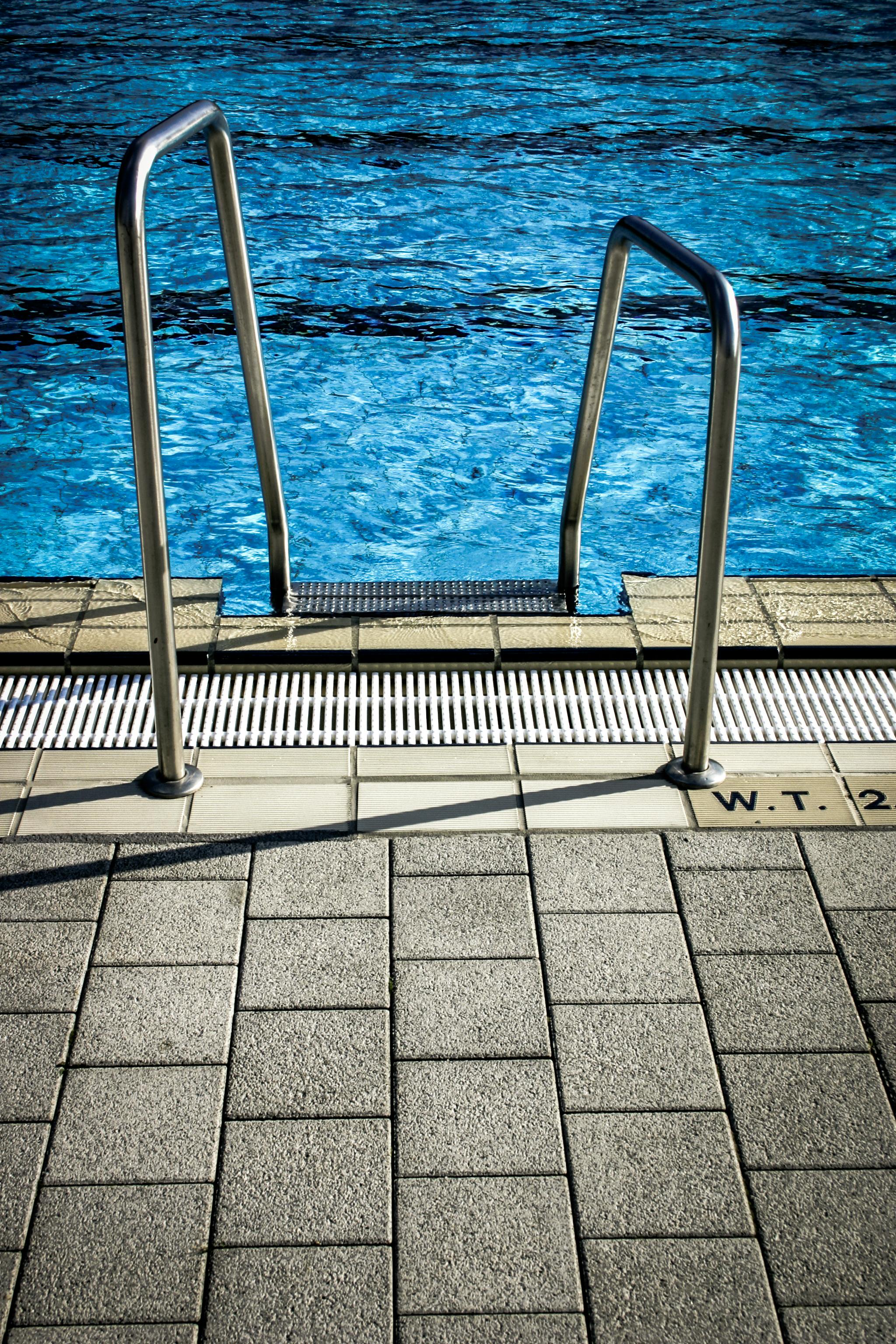HOA Pool Maintenance: What you need to know
A well-maintained community pool is a jewel of any Homeowners Association (HOA) amenity list. It not only serves as a crucial hub for recreation and relaxation but it also enhances the property values and fosters a deep sense of community. Proper pool maintenance is crucial to ensure the safety, cleanliness, and longevity of this beloved amenity. Hiring an appropriate pool maintenance vendor is essential for any HOA. Making sure they are qualified and hold the correct insurance as well as certificates are vital. However, today we are going to be talking about the steps you need to make sure are being taken to ensure the pool stays up to code and is not a hazard to your residents. The first 4 steps should be handled by the your pool maintenance company while the last 3 are things you need to be checking regularly for yourself.
1.Pool Maintenance Company Tasks
A) Regular Cleaning
Keeping the pool clean is an essential part to maintaining its appearance, code compliance, safety.
Skimming and Scrubbing: Weekly skimming of leaves, debris, and bugs from the pool’s surface helps prevent contamination as well as scrubbing of the pool walls and floor prevents algae buildup either by hand, chemicals or automatic.
Vacuuming: Using a pool vacuum weekly to clean the pool floor and remove dirt and debris the skimmer may have missed or can't reach.
Emptying Baskets: You should also make sure regularly empty skimmer and pump baskets to ensure proper water flow and filtration.
B) Water Chemistry Balance
Maintaining the right chemical balance in the pool water is used for preventing algae growth, skin irritation, and equipment damage.
Testing Water: Ensure the pool water is tested at least twice a month using a reliable testing kit. Key parameters for testing waters need to include pH levels, chlorine levels, alkalinity, as well as calcium hardness.
Recording Chemicals: Check with your pool provider make sure the logs are being kept of your pH levels of your pool and ask the pool company what the right levels should be.
C) Filtration System Maintenance
The pool’s filtration system plays a vital role as it keeps the water clean and clear.
Regular Cleaning: Ask your pool maintenance company how often the manufacturing company recommends how and how often should the cleaning the filtration system occur. Several techniques of cleaning could be a backwashing for sand filters, a hosing off cartridge filters, or even using a cleaning solution for diatomaceous earth (DE) filters, either filter requires a different technique.
Monitoring Pressure: Also ensure the to check the filter pressure gauge regularly ensuring it stays within the manufacturers recommend parameters. A significant change in pressure indicates the need for filter cleaning or damage has occurred.
D) Maintaining Pool Equipment
Proper functioning of pool equipment ensures the pool is adequate safe and enjoyable swimming experience.
Pump Maintenance: Inspect adn document the pool pump monthly for leaks, strange noises, and any other signs of wear and tear. This will help to ensure it is operating efficiently and correctly.
Heater and Chlorinator: If your pool has a heater and chlorinator, as with all equipment bake sure follow the manufacturer’s maintenance guidelines. Monthly inspections for proper functioning and cleaning as necessary.
Pool Cover: If you can use a pool cover when the pool is not in use to keep it clean, prevent unauthorized use, conserve water and heat.
2. Safety Measures
Ensuring the safety of pool users is paramount for any HOA. Where ever you are located make you can ask the city for the complete list of necessary items for code compliance.
- Fencing and Gates: Ensure the pool area is securely fenced with self-closing, self-latching gates to prevent unauthorized access, especially by children.
- Safety Equipment: It is also important to keep life-saving equipment like life rings, reaching poles, and a first aid kit accessible and in good condition.
- Signage: Make sure to post clear signage regarding pool rules, depth markers, and emergency contact information.
3. Regular Inspections
Conducting regular inspections helps identify and address issues before they become major problems especially before and after the pool season.
- Professional Inspections: Schedule professional inspections of the pool and its equipment at least twice a year, ideally before and after the pool opens and closes for the season. A certified pool inspector can identify potential issues that may not be apparent to the untrained eye.
- Routine Checks: Make sure to read the reports of the routine checks of the pool area, equipment, and water quality as they come in from your pool maintenance company. Keep a log of maintenance activities and inspections in accordance HOA laws.
4. Community Engagement
Engaging the community in pool maintenance can foster a sense of ownership and pride.
- Volunteer Programs: Consider organizing a volunteer programs where community members can help with basic maintenance tasks for your HOA.
- Education: Educate residents on pool hygiene and safety practices such as showering before swimming and to avoid bringing food or glass containers into the pool area.
Maintaining an HOA pool requires diligent effort and attention to detail.Make sure you hire a proper pool maintenance company, adhere to a regular maintenance schedule, keeping the logs of balancing water chemistry, and ensuring the proper functioning of pool equipment, HOAs can provide a safe, clean, and enjoyable swimming environment for all residents. A well-maintained pool not only enhances the quality of life and property values in the community but also reflects positively on the HOA’s commitment to providing top-notch amenities.


